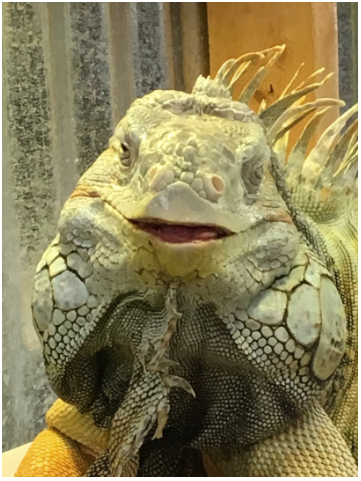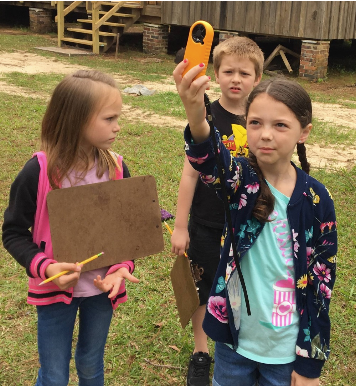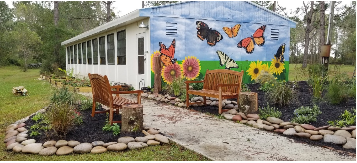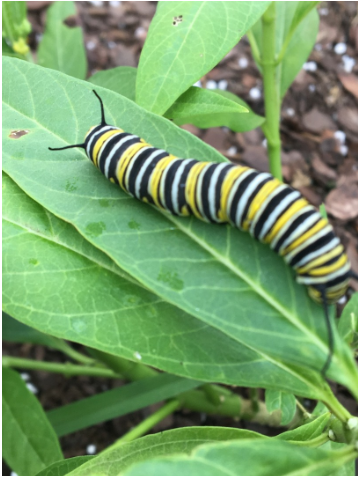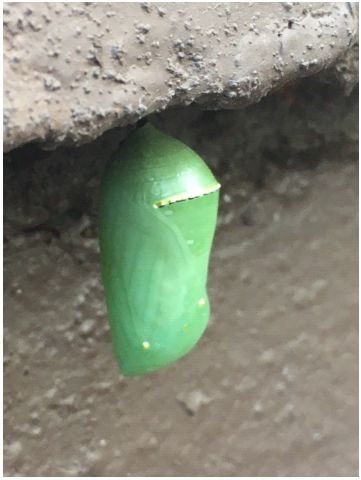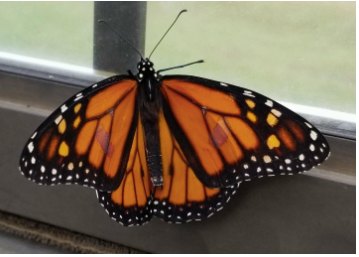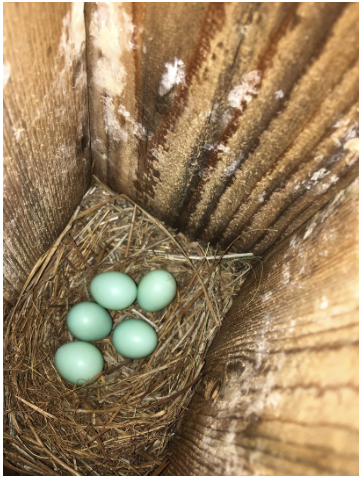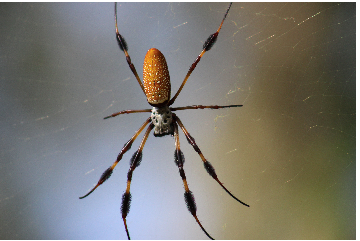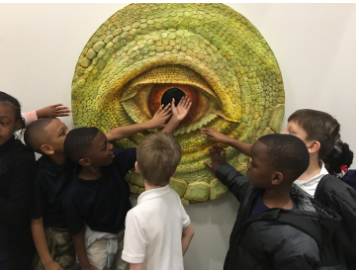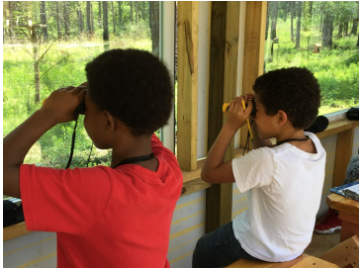- Escambia County Public Schools
- 2nd Grade Programs
Roy Hyatt Environmental Center
Page Navigation
2nd Grade Programs At RHEC
-
2nd grade programs offered by the RHEC are aligned to the Florida State Science Standards and are offered to complement existing classroom curricula. Upon scheduling the field trip to RHEC teachers may choose programs in which their students will participate. Please note that some programs may be changed for rainy days.
We're Going On A Science Treasure Hunt!
-
A Geocaching Adventure! Who doesn’t want to go on a treasure hunt? In this fun-filled educational activity students will go on a science treasure hunt! “Scavenger Hunt.” They will be broken into groups with an adult (RHEC teacher/classroom teacher/chaperone) assigned to each group. The adult will use the handheld GPS device to follow the map on the GPS unit leading the group to each waypoint, where they will find a science treasure! Each of the “science treasures” will contain scientific/STEM tasks in which students will participate, using science journal to record what they are learning “Science Treasures” include Whirly Bird (basic needs for plant survival, plant parts and function, life cycle, seed dispersal and an activity using anemometers, seeds, and meter sticks), Going Batty (characteristics of mammals and insects, parts of an insect, habitats), Making Tracks (habitats, basic needs for animal survival, animal track identification and measurement), and a Science Scavenger Hunt.
Birds of a Feather (Studying Bird Characteristics and Going Bird Watching)
-
Do you like to go bird watching? This lesson starts with the students comparing and contrasting the characteristics of birds to other vertebrates. They will use magnifiers to examine bird feathers, learning about how they work. Students will have the chance to play bird bingo while we move to a bird-watching area where they will have the opportunity to learn the proper use of binoculars. Once they have climbed aboard the bird bus or entered the bird watching blind, they will have a chance to see, identify, and hear woodland song birds, all only inches away!
It's A Bug's Life! (Insect Characteristics and Metamorphosis)
-
Wouldn’t you like to stroll through the garden among butterflies as they flit, fly, and flutter all around? Students will learn about the characteristics of insects, the differences between insects and arachnids, and about the metamorphosis of insects and butterflies. They will then tour the garden and butterfly house searching for all types of insects, including beautiful butterflies. While touring the garden and butterfly house, they might have the opportunity to see portions of the life cycle of the butterfly right in front of them, observing live butterflies (adults), caterpillars (larva), chrysalis (pupa), and maybe even locating butterfly eggs on the leaves of plants!
Creepy Crawly! Rainy Day Metamorphosis Program!
-
Is a spider an insect? What about a crab? This program will teach students the main characteristics of insects through the use of live specimens. Participants will study the stages in the life cycle of the mealworm beetle while actually observing a live larva, pupa, and adult in a petri dish right in front of them! By the end of this lesson, students will be able to easily identify insects as well as various arthropods (including crabs, spiders, scorpions, and more).
Snakes and Scales and Turtle Tails! (Reptile Lesson)
-
Meet our friendly turtles, lizards, as well as our awesome snakes face-to-face! These ambassadors to the reptile world will help students discover and learn the characteristics that make them unique. They will learn about the four groups of reptiles: turtles and tortoises; alligators and crocodiles; lizards; and snakes. Students will also come to understand how these interesting creatures are adapted to live in specific environments.
Let's Get Down To Earth! (Young Naturalists Studying Nature)
-
Everyone loves to walk through nature! In this program, students will become young naturalists! They will explore the natural world and all of the wonders and treasures that it holds. This activity will teach children to become keen observers, developing those all-important skills of observation and documentation, while learning plant parts, characteristics of animal groups, as well as the basic necessities that plants and animals need to survive. They will also observe and identify animals and plants found in nature, understanding that there are plants and animals all over the world but each is adapted to live in a specific habitat.
A Fishy World (Studying Fish and their Habitats)
-
Have you ever been to the beach and wondered what in the world is "that"? The beach program offers a hands-on look at all types of specimens found at the beach. Students will have shells and live marine critters right in front of them! They will have the opportunity to examine, measure, describe, as well as compare and contrast the different shells and live animal specimens. They will learn about the unique characteristics of the different aquatic habitats which enable such diverse life in our watery world. They will also observe many of the vertebrates and invertebrates that call these habitats home. Finally, they will use their observation skills to complete an aquatic scavenger hunt.
Flower Power (The Study of Plants)
-
Flowers are beautiful! In this program, students will discover the awesome life cycle of flowering plants! They will begin by learning the basic needs for plant survival, the parts of a flowering plant and their functions, the life cycle of a flowering plant, and the meaning of seed dispersal. Then they will have the opportunity to stroll around the garden in search of plants, comparing and contrasting the different types of plants. Students will also have the opportunity to become good stewards of the environment by planting two seeds, one to take back to school to observe and record growth, and one to leave in the greenhouse here at RHEC, which will eventually be added to the butterfly house or butterfly garden.

